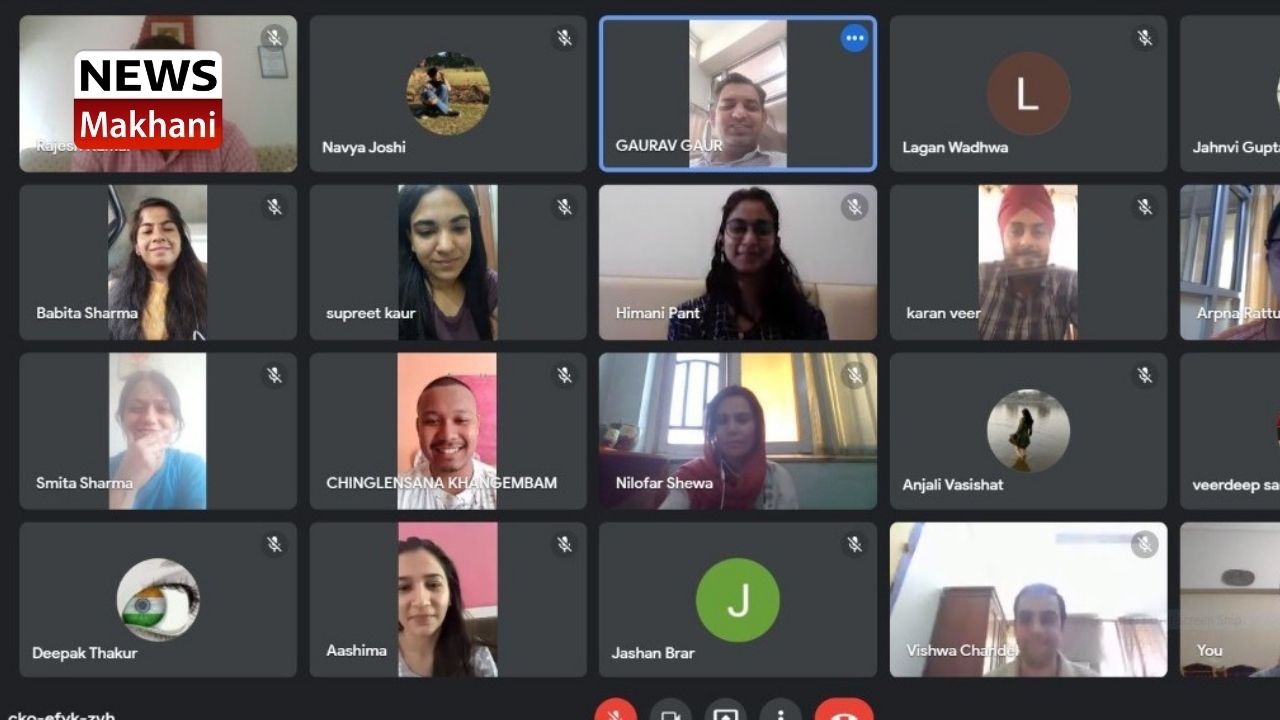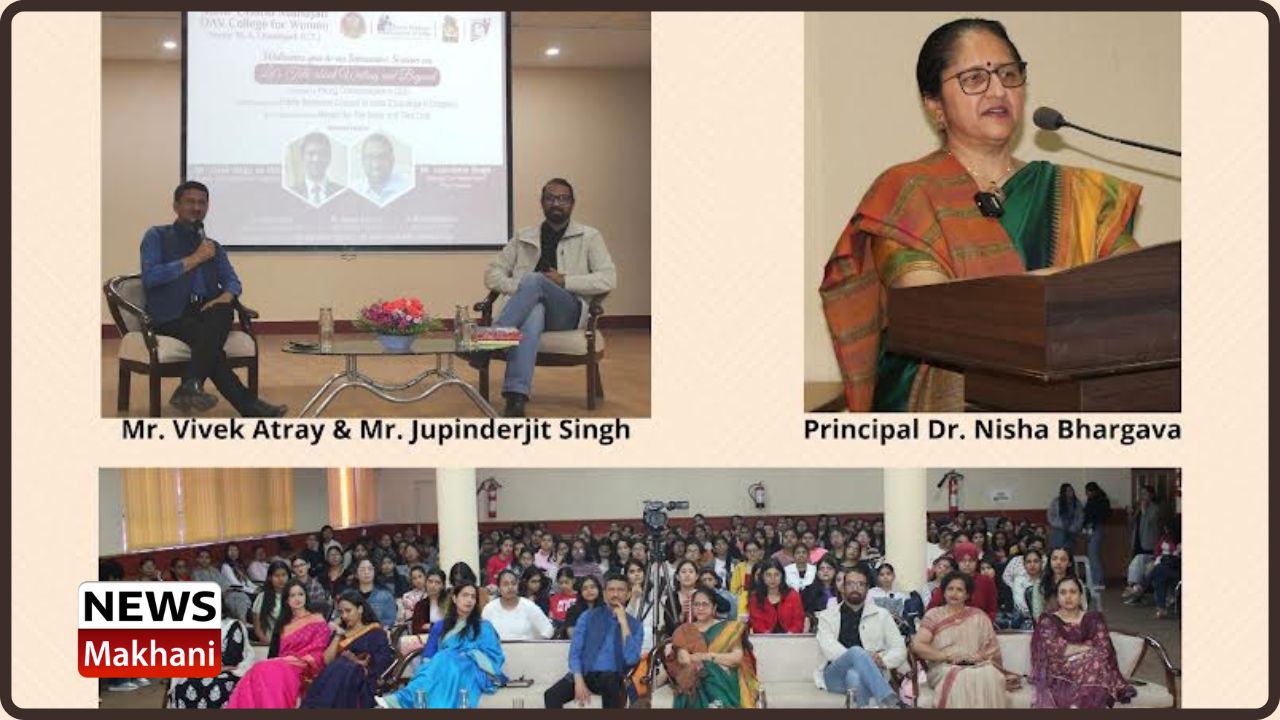Chandigarh July 6, 2021
The Centre for Social Work and National Service Scheme (NSS), Panjab University, Chandigarh organized an interactive session-cum-webinar on “COVID-19 Pandemic and its affect on Women: Looking through the Gender Lens”.
Dr. Rajesh Kumar Chander, Chairperson, Department of Women’s Studies, was the key speaker for this session. He gave an overview of the global pandemic, since its inception, in December, 2019. He broadly divided his talk into different segments like how the COVID-19 has affected the women on various fronts such as education, health particularly sexual and reproductive health, employment and workforce and trafficking etc. The prevailing gender inequality and other divisions are being further re-enforced by the pandemic, leading to widen the gender inequalities. He articulated further that only inclusive education can mitigate the gender unequal society, however, he asserted that due to spurt in drop-out rates due to pandemic, this goal seems even more challenging. The gender disparity is compounded further, as access to health facilities for women, especially, sexual and reproductive health services, are also becoming difficult due to physical distancing norms, and spurt in COVID-19 cases.
Dr. Rajesh Kumar, citing various reports stated that “Women are also facing heightened stress and anxiety, rise in suicides due to the pandemic”. The gaps in COVID-19 vaccination due to gender only underline the gender inequalities, exacerbated further by the global pandemic. Applying the bottoms-up approach and lived experiences, the other significant issues leading to gender inequality discussed were layoffs of women, especially in informal sectors and rural areas, lockdown induced migration of workers, spike in cases of violence against women, digital divide, plight of aged women, lack of work for sex workers, problems faced by women scientists and the challenges faced by children, especially homeless children further leading to gender unjust society. As a repercussion of pandemic & lockdown, unemployment has increased leading to heightened incidence of violence against women. The surfing of online pornography has also increased many folds, more so, in the lockdown period. The speaker also highlighted the positive impact of lockdown, as pollution levels dipped appreciably and the levels of pollution in rivers also declined.
Later on, while sharing the mitigation strategies for the pandemic, he urged the various Government policymakers and planners for developing a comprehensive gender standpoint into the development of COVID-19 policies. He concluded by stressing that gendered affect of the pandemic should be woven into the policy, and an urgent need for collecting gender-disaggregated data, including transgender population is the need of the hour.
Supreet Kaur and Shubham, students from Centre for Social Work, shared their experiences of working with women during the lockdown period and afterwards. They shared the voluntary work done by them with the Punjab Police regarding the promotion of Sexual and Reproductive health and promoting the psycho-social health of women.
Earlier, Lagan Wadhwa, a student from Centre for Social Work introduced the speaker and shared the extensive work done by him in the field of Gender studies.
Gaurav Gaur, Chairperson, Centre for Social Work concluded the proceedings and thanked the speaker and the audience for interacting and making the session lively.

 English
English






